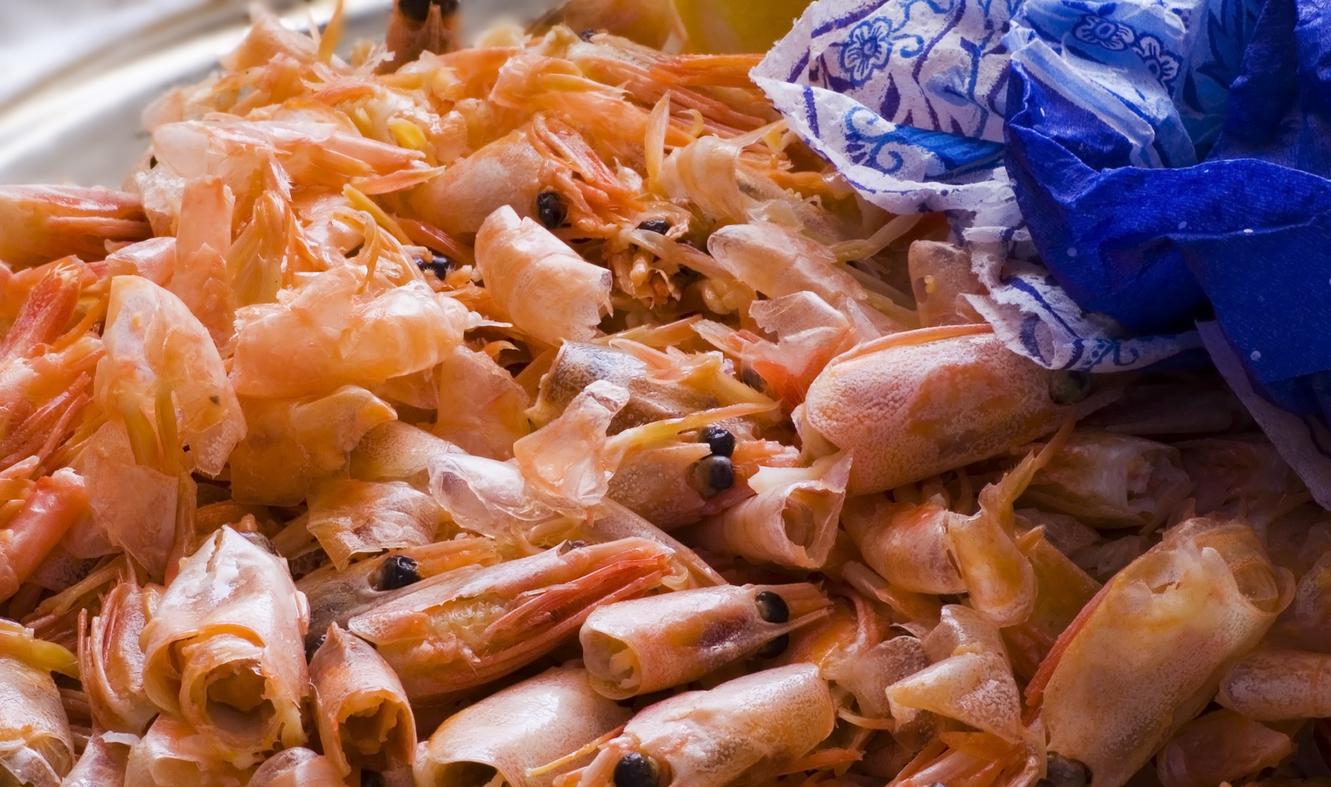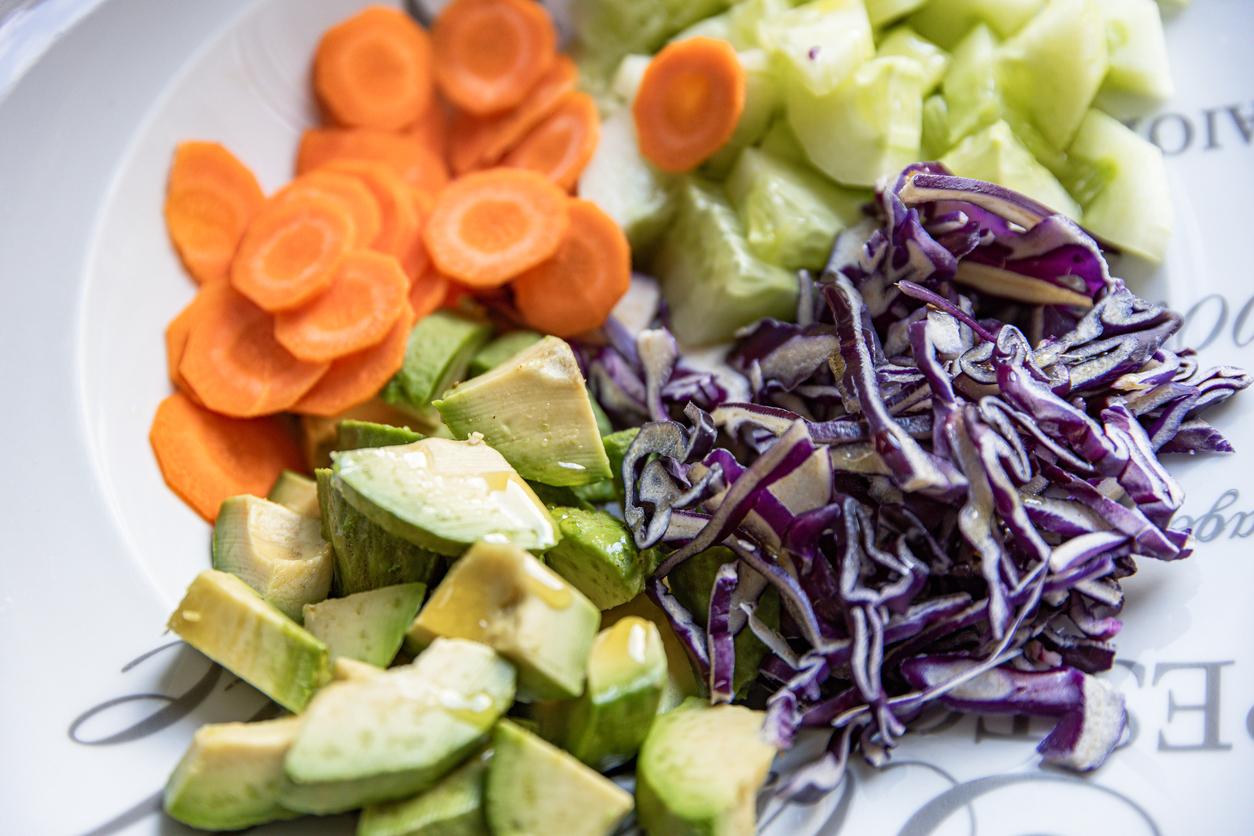Researchers have found that chitin, a dietary fiber found in shellfish, insects and mushrooms, can help fight obesity.

- In tests on mice, it was found that the digestion of chitin, a dietary fiber found in insect exoskeletons as well as mushrooms and crustaceans, impacts the immune system.
- The immune response to chitin promotes less weight gain, a reduction in body fat and better resistance to obesity.
- However, additional work is needed to validate whether the results observed in mice are also present in humans.
“Obesity is an epidemic. What we ingest has a profound effect on our physiology and how we metabolize food. We are studying ways to combat obesity based on what we learn about how the immune system is challenged by diet.”reminds him Pr Steven Van Dyken in a communicated. And the pathology and immunology specialist from Washington University School of Medicine in St. Louis made a major discovery with his team. A dietary fiber, called chitin and found in insect exoskeletons, mushrooms and crustacean shells, has beneficial effects on metabolism.
Obesity: a fiber present in the shells helps lose weight
American researchers reached this conclusion after observing mice fed with chitin. They noticed that consuming this dietary fiber leads to an immune response that causes less weight gain, reduced body fat and greater resistance to obesity.
“Distension of the stomach after ingestion of chitin activates an innate immune response that prompts stomach cells to accelerate enzyme production, called chitinaseswhich break down chitin. It should be noted that chitin is insoluble and therefore requires harsh enzymes and acidic conditions to digest.”specify the scientists in their press release.
Analysis of the data, however, shows that it was the rodents whose chitin activated the immune system, but was not digested, which showed the greatest benefits. They gained less weight, had the lowest levels of body fat and resisted obesity better than mice that did not eat chitin or those that did but could break down this fiber during digestion.

Chitin and obesity: further work is needed
The study, published on September 7, 2023 in the journal Science, offers promising results. However, it remains to be seen whether the same effects will occur in humans. Scientists plan to continue their work to determine whether chitin can be added to our diet safely and help control obesity.
“We have several means to inhibit chitinases gastric”specified the Pr Steven Van Dyken “Pairing these approaches with a chitin-containing food could have a very real metabolic benefit.“
















